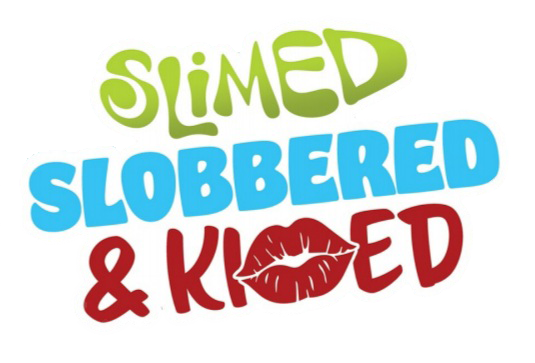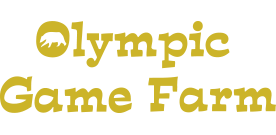
About Olympic Game Farm, Inc.
Visit a well-loved destination where the joy of a traditional petting farm meets the wonder of a drive-through safari. Since the 1950s, this landmark in Sequim, WA, has dedicated itself to the welfare and well-being of animals, providing a unique and educational experience for families and tourists. With a rich history that includes a long-standing partnership with Walt Disney Studios, Olympic Game Farm transitioned from a historical site of animal acting to a sanctuary focused on in-need wildlife, maintaining its commitment to conservation and care for over 200 animals on-site.
Making Your Visit Seamless
Our History
Disney’s Wild Animal Ranch
In the 1950s to 1972, Olympic Game Farm (then called Disney’s Wild Animal Ranch) was originally designed as a holding facility for the animal actors of Disney Studios. During breaks from filming, the animals were trained, housed, and cared for while waiting for future filming. Disney Studios had asked us to keep the public and cameras out of the Farm.
Opening to the Public
However, in the summer of 1972, after Roy Disney’s passing, we allowed people in to see what the Farm was all about. This informal opening was also a test to see if we could achieve our long-term goals in caring for the animals without a steady income from Disney Studios — to see if we could make it on our own. After that summer, we let Disney Studios know how well we did. Disney Studios ultimately held a vote from their Board of Directors and approved the Farm to be open to the public, and we could retain any earnings received. That same year, we officially opened to the public as a private wildlife organization and became incorporated in 1973.
A Letter From the President, Robert Beebe
With over 200 animals on-site, our driving tour leaves our visitors with vivid memories of these amazing creatures and experiences which, at first, are hard to imagine, become pleasantly surprising. Friendly llamas and yak eat bread from your hand, clowning bears stand up and wave, and the elk and buffalo peacefully graze in the pastures.
Olympic Game Farm worked exclusively for Walt Disney Studios for 28 years, filming here at the farm and on the Olympic Peninsula, as well as on many different set locations. A few popular titles produced with our past animal actors are Charlie the Lonesome Cougar, The Incredible Journey, White Wilderness, and Grizzly Adams television and movie series. In 2012, we used our black bear Kitty and wolf Brutus in Serenity Farms.
After the death of Walt and Roy Disney, Disney Studios began to move away from the nature films that had been so dear to Walt’s heart. In 1972, with the approval of Disney Studios for using the Disney name, Olympic Game Farm, Inc. was opened to the public. Our founders, Lloyd and Catherine Beebe, retired from the filming industry and focused solely on caring for their animal actors, concentrating on offering “in need” captive-bred animals a new and loving home.
Olympic Game Farm will continue to accept in-need wildlife as space permits and with the proper authority approvals. We cannot accept local animals from the wild without proper permission from Washington State Fish and Wildlife.
Lloyd Beebe passed along his traits, his dedication, and his love for wildlife to his grandsons Robert Beebe and James Beebe, who have taken over the daily operations of the Olympic Game Farm since 2008.
Thank you for your interest,
Robert L. Beebe
President, Olympic Game Farm
All roads lead to adventure. Get directions to our farm and start planning your visit today.
